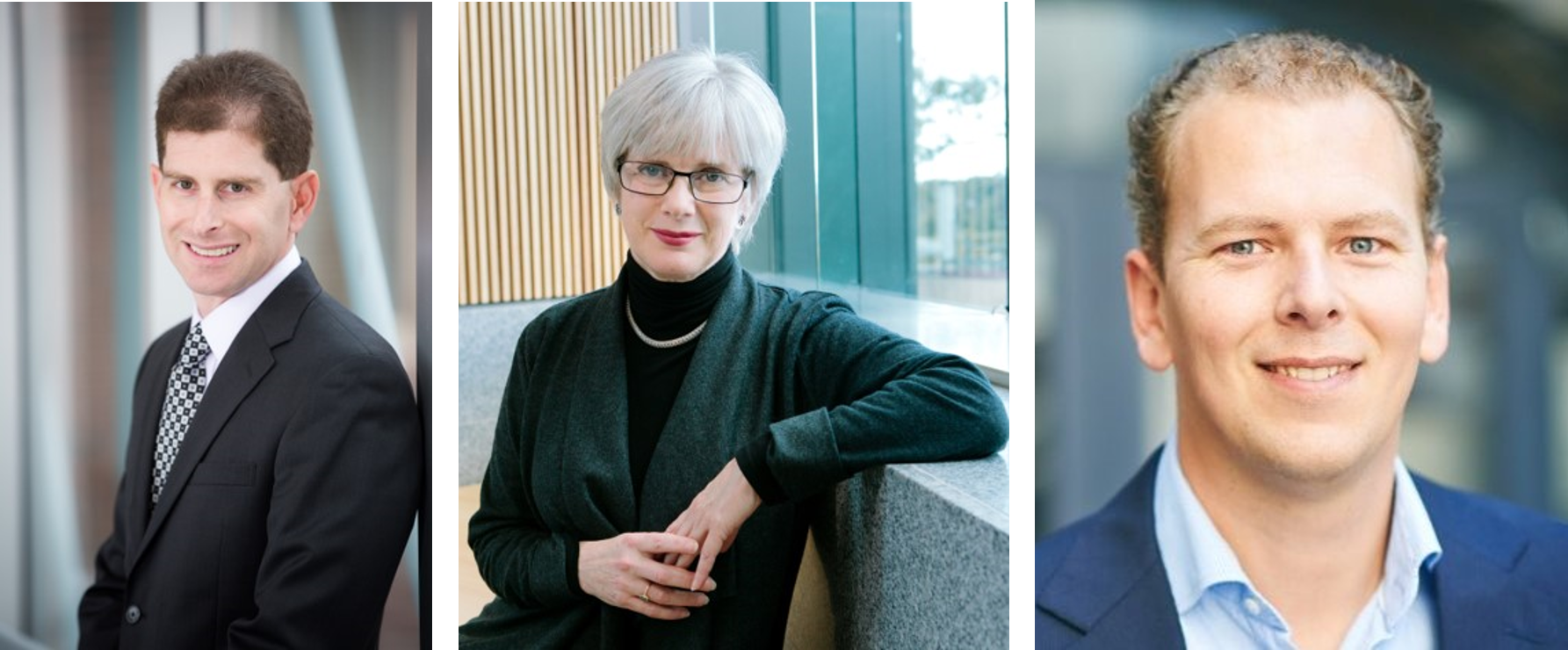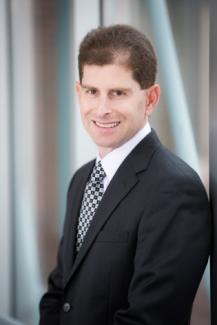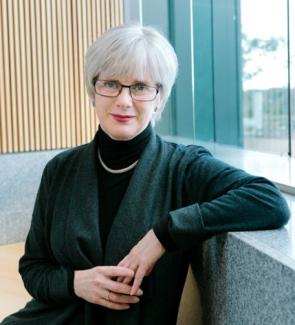Meet the key note speakers at DDI2018
There are three exciting and inspiring key note speakers talking at the upcoming International Conference on Driver Distraction and Inattention:
Dr. Bryan Reimer
Bryan Reimer, Ph.D., is a Research Scientist in the MIT AgeLab and the Associate Director of The New England University Transportation Center. His work aims to find solutions to the next generation of human factors challenges associated with driver attention management, distraction, automation and the use of advanced driver assistance systems to maximize mobility and safety. He collaborates with industries worldwide and founded and leads the Advanced Human Factors Evaluator for Attentional Demand (AHEAD) consortium, aimed at developing the next generation of driver attention measurement tools and the Advanced Vehicle Technology (AVT) consortium, focused on developing an understanding of driver use of emerging vehicle technologies, including production level automated driving systems.
Dr. Reimer has been honored with an inaugural 2018 Autos2050 Impact Award for his innovative contributions to the automotive industry. He is an author on over 200 technical contributions in transportation and related human factors areas. He is a graduate of the University of Rhode Island with a B.S. in Industrial Engineering, an M.S. in Manufacturing Engineering and a Ph.D. in Industrial and Manufacturing Engineering.
Prof. Penelope Sanderson
Penelope Sanderson is Professor of Cognitive Engineering and Human Factors at The University of Queensland, Australia, where she holds appointments in the Schools of Psychology, of Information Technology and Electrical Engineering, and of Clinical Medicine. She graduated with a BA(Hons) from University of Western Australian, and with an MA and PhD from University of Toronto. Sanderson’s principal research focus is human-system integration in healthcare. She conducts research on the impact of workplace interruptions on work performance in critical care environments, both in the field and in the simulator. She also investigates the design of patient monitoring equipment, including advanced auditory and visual information systems. Domains in which she has conducted further research and consulting include air defence, air traffic control, nuclear and hydro power generation, electricity transmission and distribution, and passport adjudication. She has also served as a human factors expert witness for Workplace Health and Safety Queensland.
Sanderson is a Fellow of the International Ergonomics Association (IEA), the Human Factors and Ergonomics Society (HFES), and the Academy of the Social Sciences in Australia (ASSA). From HFES she has received the Paul M Fitts Educator Award and the Distinguished International Colleague Award, and she has twice won their Jerome H. Ely Award for the Best Paper in the journal Human Factors. She has also received the American Psychological Association’s Franklin V. Taylor Award for Outstanding Contributions in the Field of Applied Experimental/Engineering Psychology.
Richard Schram
Richard Schram, MSc, studied at the Eindhoven University of Technology in the Netherlands. After finishing his Master Thesis on Car-to-Truck compatibility, Richard continued working at TNO Automotive in 2005, where he got involved in vehicle crash safety research and development in both passive and active safety fields.
Since 2010, Richard is the Technical Manager of the European New Car Assessment Program where he is the technical lead for Active Safety and Automated Driving.




